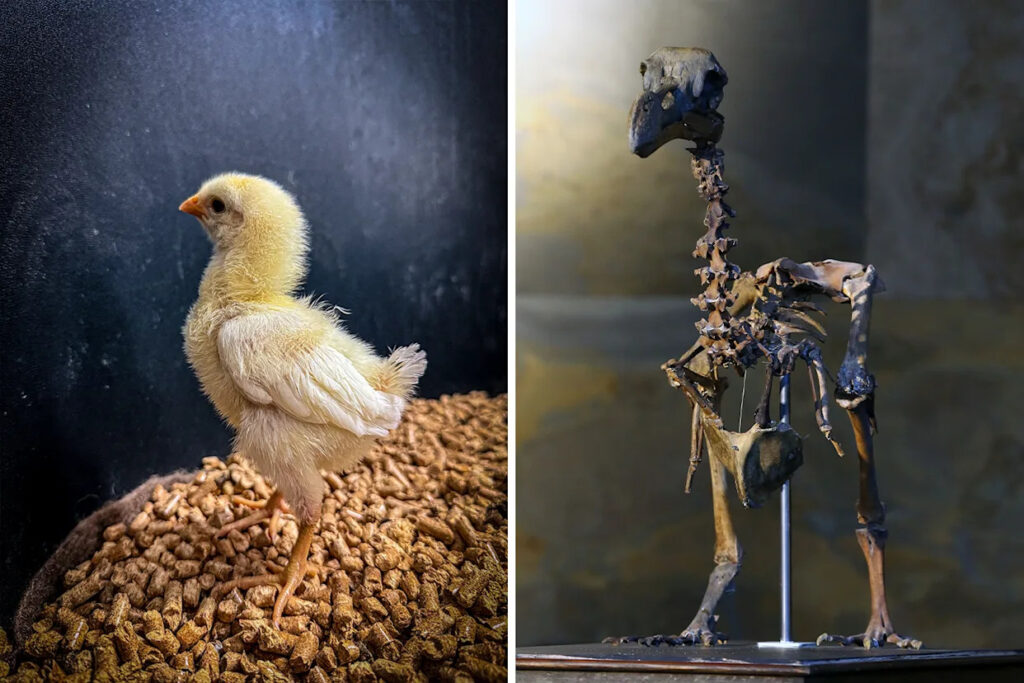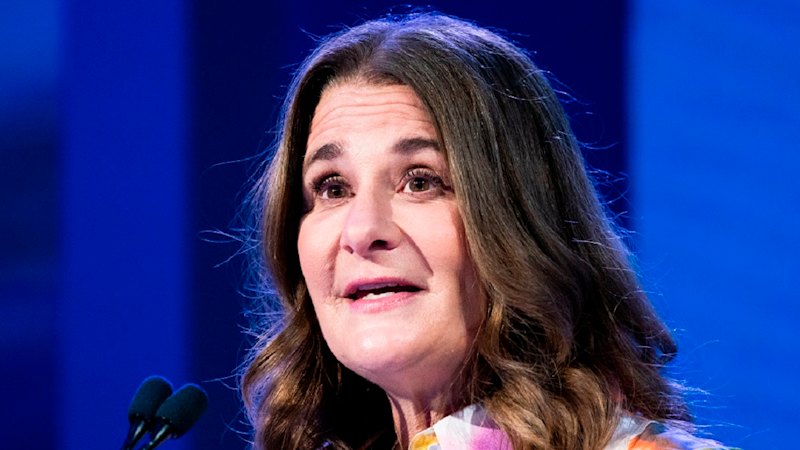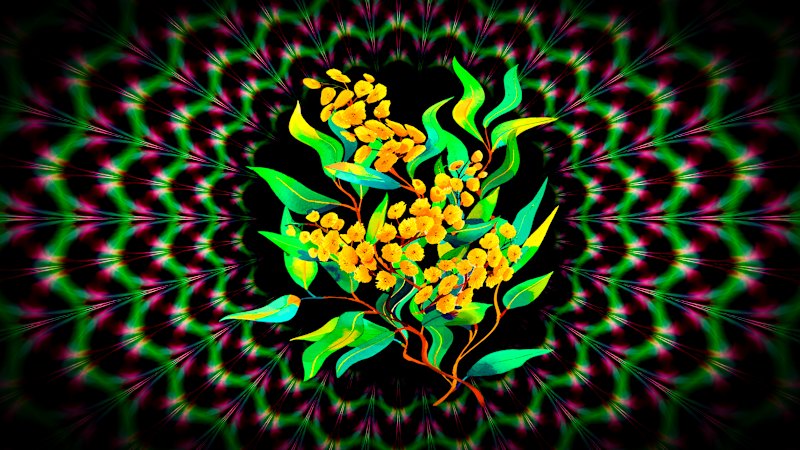
Aiming to bring the extinct dodo back to life, US-based biotech company Colossal Biosciences has announced significant progress in its ambitious project. The firm, boasting a valuation exceeding US$10 billion (approximately A$15 billion), is employing innovative techniques to achieve its goal of reviving the iconic bird, which has been extinct since the late 17th century.
Colossal’s approach involves using stem cells derived from the dodo’s closest living relative, the Nicobar pigeon. This colorful bird inhabits Southeast Asia and serves as a crucial model for the resurrection project. The scientists at Colossal have cultivated primordial germ cells (PGCs) from the Nicobar pigeon, which have shown promising results by surviving in the lab for several weeks and doubling approximately every 35 hours. These PGCs will undergo genetic modifications to resemble those of the dodo before being injected into chicken embryos, ultimately allowing the birds to hatch from eggs.
Scientific Advancements and Future Plans
To further understand the unique traits of the dodo, Colossal has developed a high-quality genomic sequence of the extinct bird and its relatives. This data will guide the team in identifying which genes need alteration to recreate the dodo’s distinctive features, such as its rounded body and characteristic beak. While the timeline for hatching the first dodo chicks remains uncertain, the company’s chief science officer, Beth Shapiro, has expressed optimism about overcoming previous obstacles related to PGC development.
Colossal has successfully raised over US$555 million since its inception in September 2021. CEO Ben Lamm has ambitious plans that extend beyond the dodo; he aims to produce a woolly mammoth calf by 2028. The company has also announced intentions to bring back other extinct species, including the Tasmanian tiger and the flightless moa from New Zealand.
Broader Implications for Conservation
The technologies developed during the dodo project may ultimately benefit conservation efforts for endangered species. Colossal’s research into restoring lost genetic diversity could aid the critically endangered Mauritian pink pigeon, which has experienced population bottlenecks.
According to Shapiro, the advancements made in pigeon genetics could also have applications in the poultry industry, enhancing breeding strategies and genetic mapping. “Other technologies developed on the path to dodo will have applications to poultry, including mapping genotypes to traits of interest and multiplex genome editing in PGCs,” she explained.
As Colossal Biosciences continues to navigate the complexities of de-extinction, the potential to revive long-lost species presents both scientific intrigue and ethical considerations. With each step forward, the dream of seeing the dodo walk the Earth again inches closer to reality.






